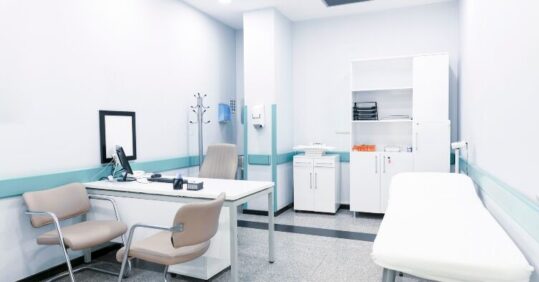Rise in nurse sick days for anxiety, stress and depression

Ministers must ‘urgently invest in nursing’ and ‘address the unrelenting pressure’ on the workforce, the RCN has urged, after a 20% rise in sick days for mental health reasons over two years.
Related Article: New preceptorship package for social care nurses
This is a 20% increase on 107,237 days in February 2020 – although the proportion of mental health sick days out of all days lost lower in February 2022 (22.2%) than in February 2020 (25.4%).
The RCN also said it has ‘recently seen a spike’ in the number of calls to its advice line from members seeking support with work-related mental health issues.
Sickness absence rates across all NHS groups in February 2022 stood at 5.59%, compared to 4.49% in February 2020, the data shows.
Related Article: Applications to study nursing in England at ‘new low’
For nurses and health visitors, the overall sickness absence rate in February 2022 was 6.1%, compared to 4.66% in February 2020.
Patricia Marquis, RCN’s director for England, said: ‘The pressure on nursing shows no sign of abating. Not only has Covid-19 taken its toll, but the workforce crisis is putting huge strain on nursing as it struggles to provide safe and effective care for ever-rising numbers of patients.’
Related Article: Paul Rees appointed as permanent NMC chief executive and registrar
She continued: ‘Ministers must urgently invest in nursing, starting with a pay rise which significantly exceeds the cost of living, and address the unrelenting pressures which are having a devastating impact on staff wellbeing.’

See how our symptom tool can help you make better sense of patient presentations
Click here to search a symptom




